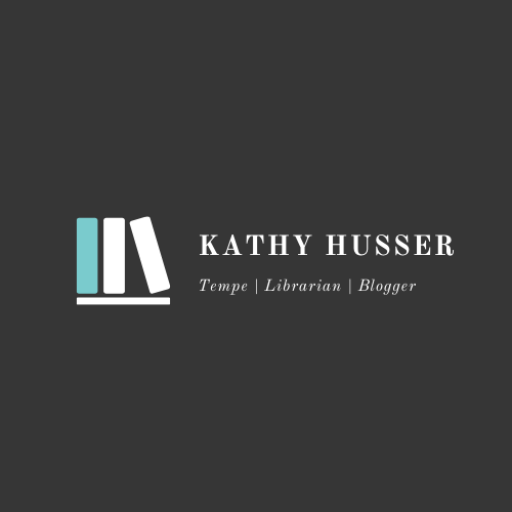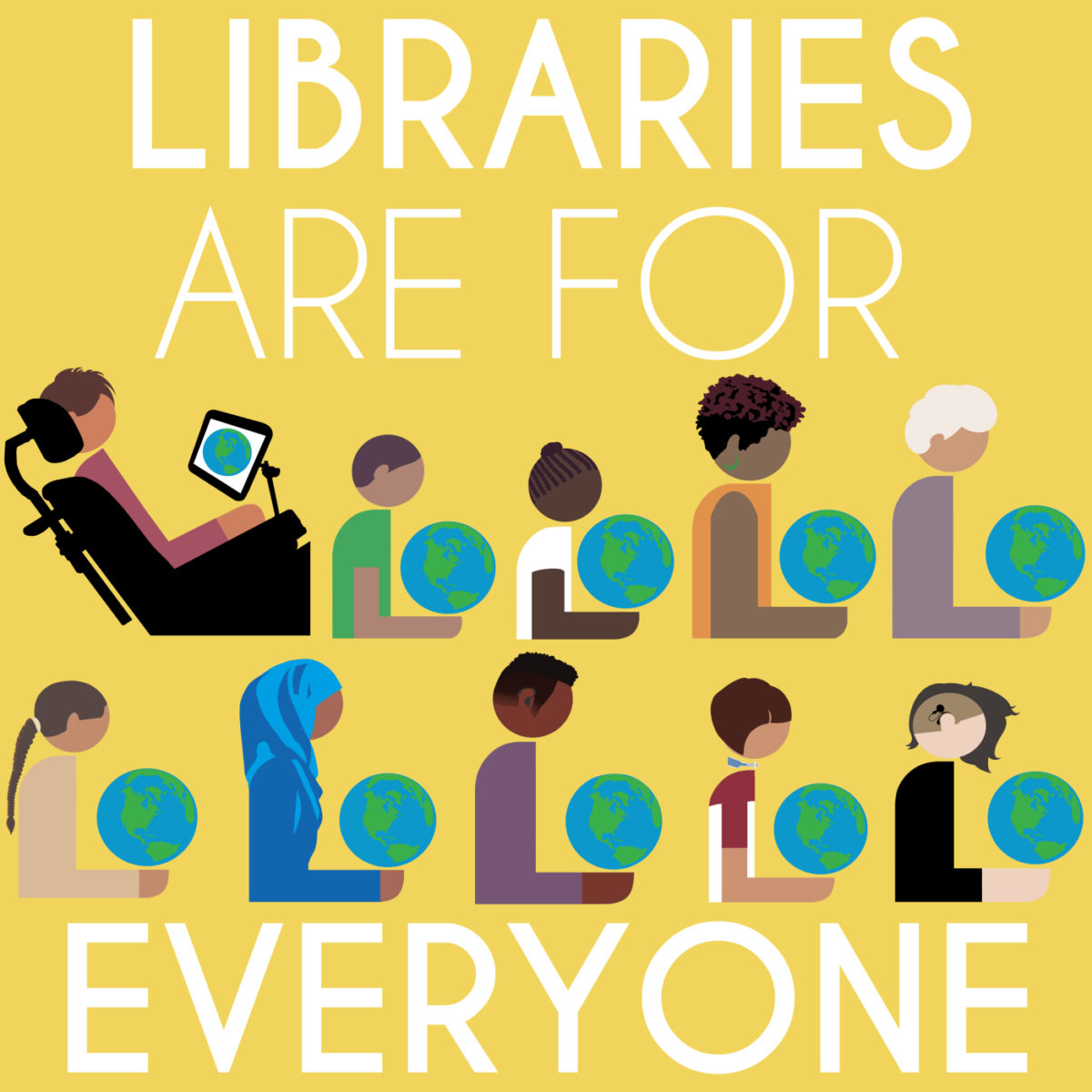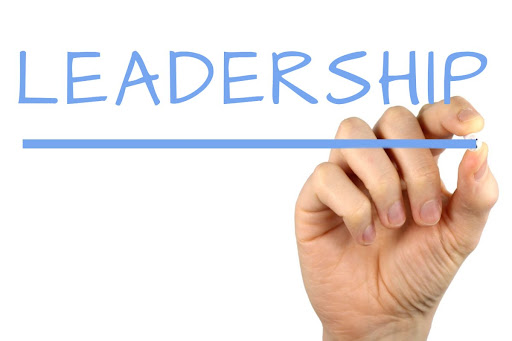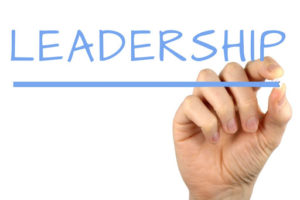College has long been seen as the path to success in the United States. For many families, sending a child to college is part of the “American Dream.” Each year, millions of students graduate high school and take the next step toward a college degree. But is college still the most popular path after high school? Why do students choose college? And how much does a degree actually cost today?
Are Most High School Graduates Going to College?
Yes, most high school graduates in the U.S. still go to college—but not all of them. According to the National Center for Education Statistics (NCES), about 62% of high school graduates enrolled in college in 2022. This number has dropped slightly in recent years, especially after the COVID-19 pandemic, when many students chose to work, take gap years, or attend trade schools instead.
Even so, college remains the most common path after high school. Students have the option to attend either a two-year community college or a four-year university. Some start at community college and transfer later to complete a bachelor’s degree, like my son.
Why Go to College?
There are many reasons students choose to go to college. One of the main reasons is to increase their job opportunities. Many careers today require at least a bachelor’s degree. Doctors, teachers, engineers, nurses, and many business professionals all need higher education to enter their fields. However, the job market is tough these days for new grads according to current economic data.
College graduates do have a higher earning potential. On average, new college graduates earn more money over their lifetime than workers with only a high school diploma. According to the U.S. Bureau of Labor Statistics, a person with a bachelor’s degree earns around $1,432 per week, while someone with only a high school diploma earns about $853 per week. That’s a difference of over $30,000 per year.
Students also go to college for personal growth and new experiences. For many, college is a time to meet new people, learn about different cultures, and explore career paths. Some students attend college to study what they love—like art, music, science, or literature—and turn their passions into careers.
Others go to college because it opens doors. It may help them gain talents like public speaking, writing, and AI skills that currently employers’ value. You can also travel and learn life skills in college that you normally wouldn’t experience anywhere else.
How Much Does a Four-Year Degree Cost?
The cost of college has gone up a lot in the past 20 years. Today, the price of a four-year degree depends on whether you attend a public or private college.
According to the College Board (2024 data):
- Public in-state universities cost about $11,260 per year for tuition and fees.
- Public out-of-state universities cost roughly $29,150 per year.
- Private universities cost around $41,540 per year.
So, the total cost of a four-year degree ranges from about $45,000 to over $160,000, not including housing, food, books, or travel. When you add in those living expenses, the full cost can be even higher.
To help with the cost, many students use financial aid, including scholarships, grants, work-study programs, and student loans. However, student loan debt has become a concern in the U.S., with many graduates owing tens of thousands of dollars.
That said, college is still a popular choice, especially for students who want career options with higher pay. While fewer students are enrolling than a decade ago, a majority still see college as a smart investment in their future.
But college isn’t the only path to success. Trade schools, apprenticeships, and other job-training programs are growing in popularity too. Still, for many, a college degree remains a key part of reaching their goals and building a better life.
For more lifestyle and family information check out: KathyHusserTempe.com







 Continuing education is crucial for professionals at any stage of their careers, even after achieving a stable position. In today’s rapidly evolving job market, staying current with industry trends and advancements is essential. Ongoing learning helps you adapt to changes in technology, regulations, and best practices. This ensuring you are relevant and competitive in your role.
Continuing education is crucial for professionals at any stage of their careers, even after achieving a stable position. In today’s rapidly evolving job market, staying current with industry trends and advancements is essential. Ongoing learning helps you adapt to changes in technology, regulations, and best practices. This ensuring you are relevant and competitive in your role.